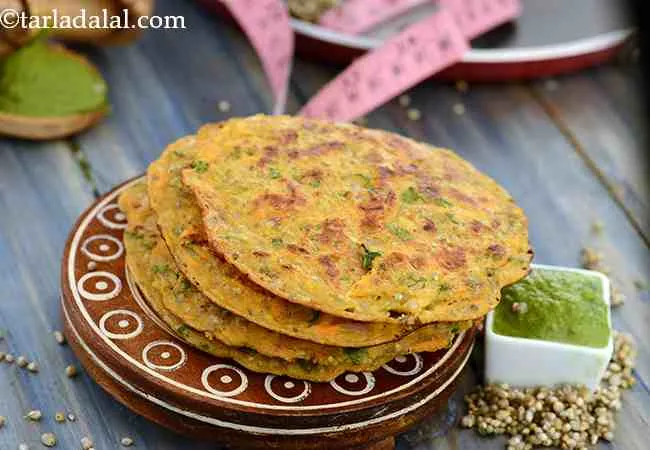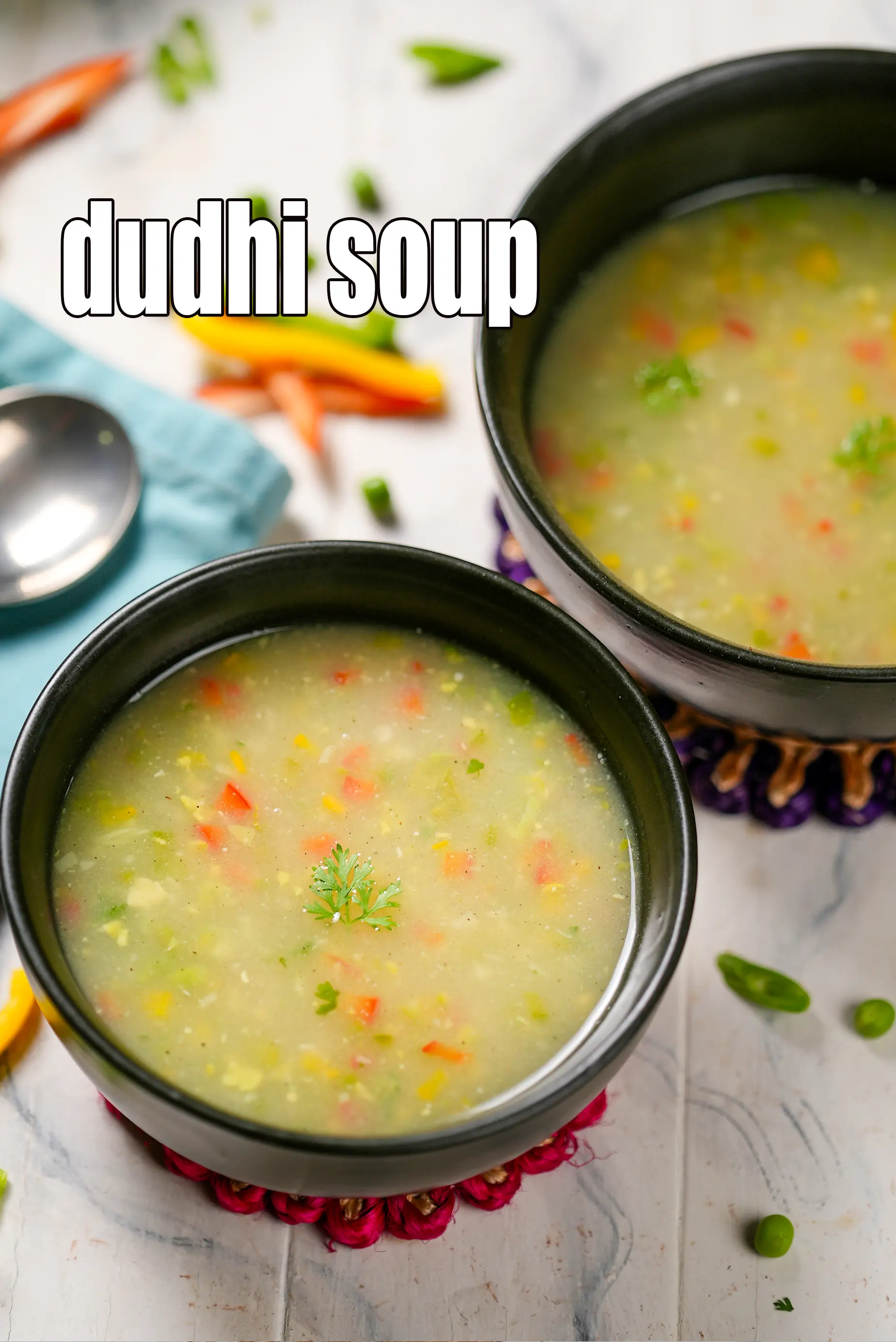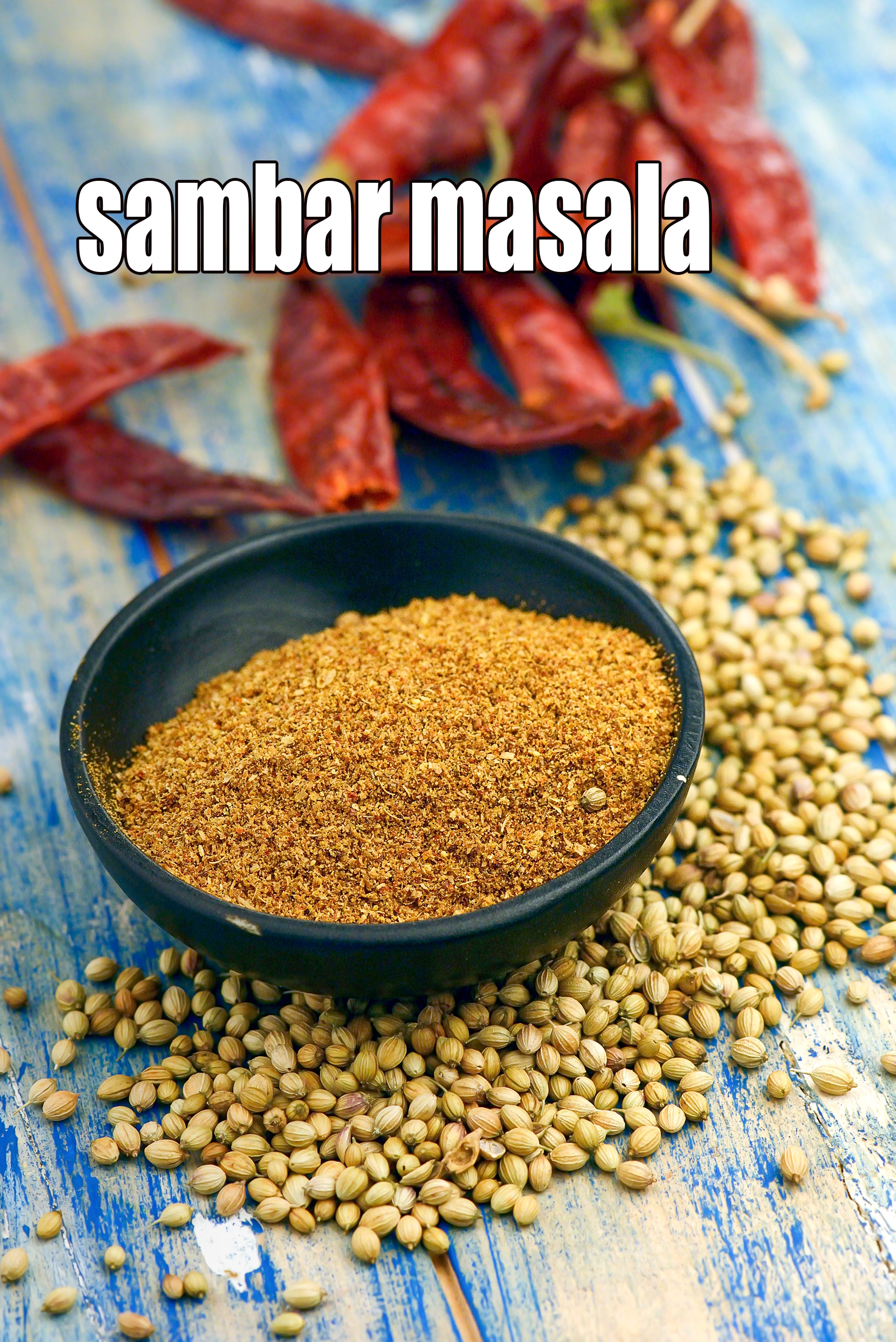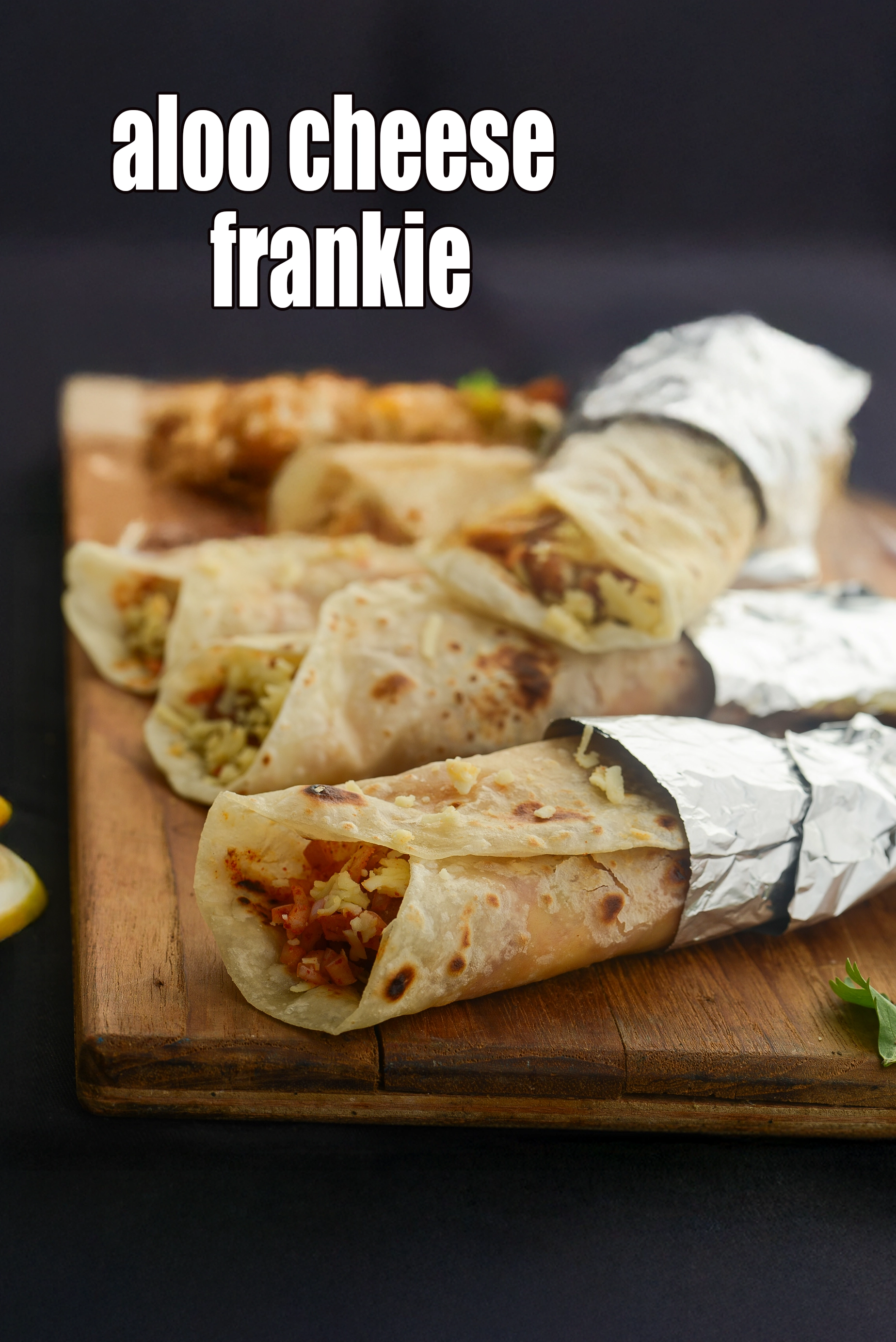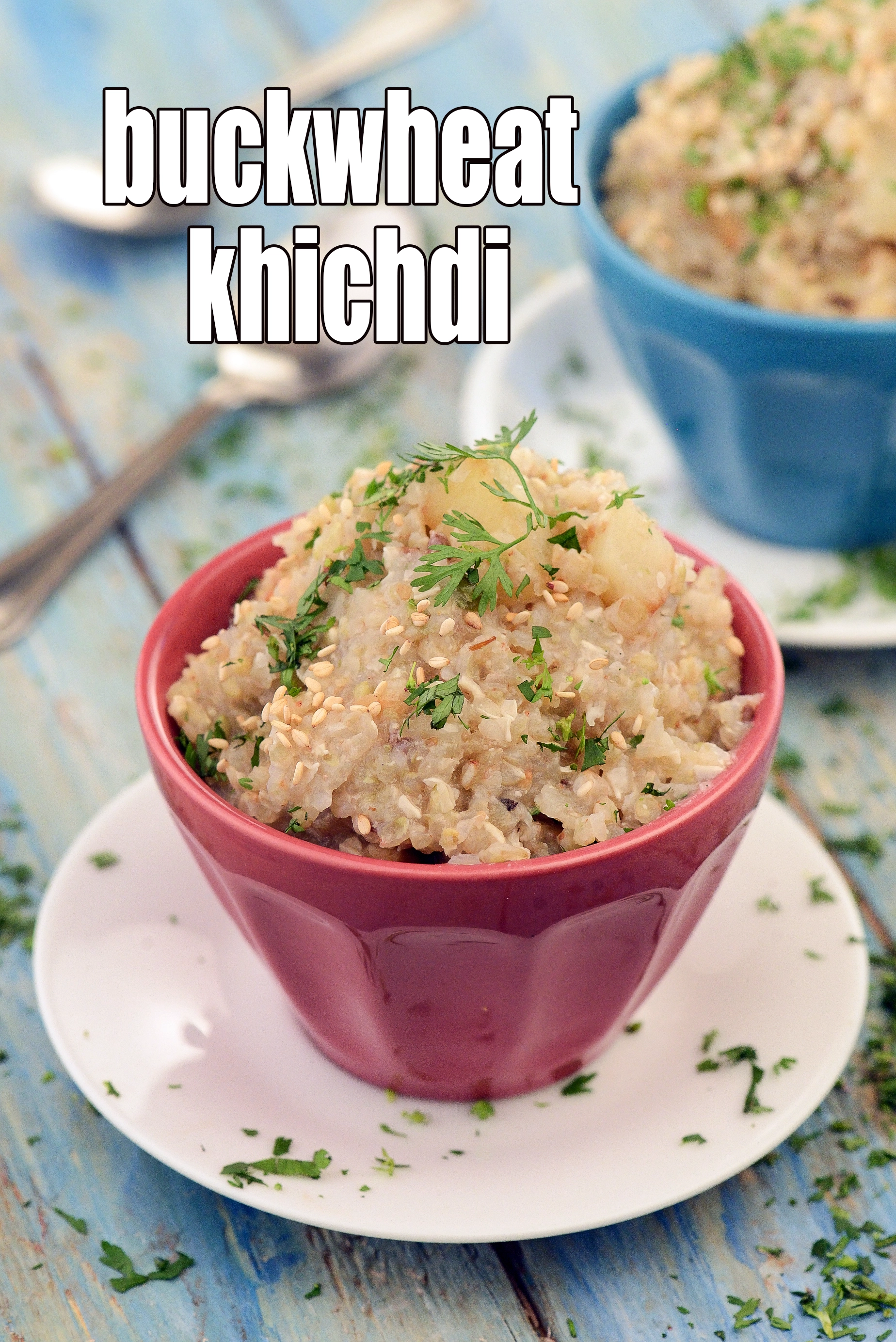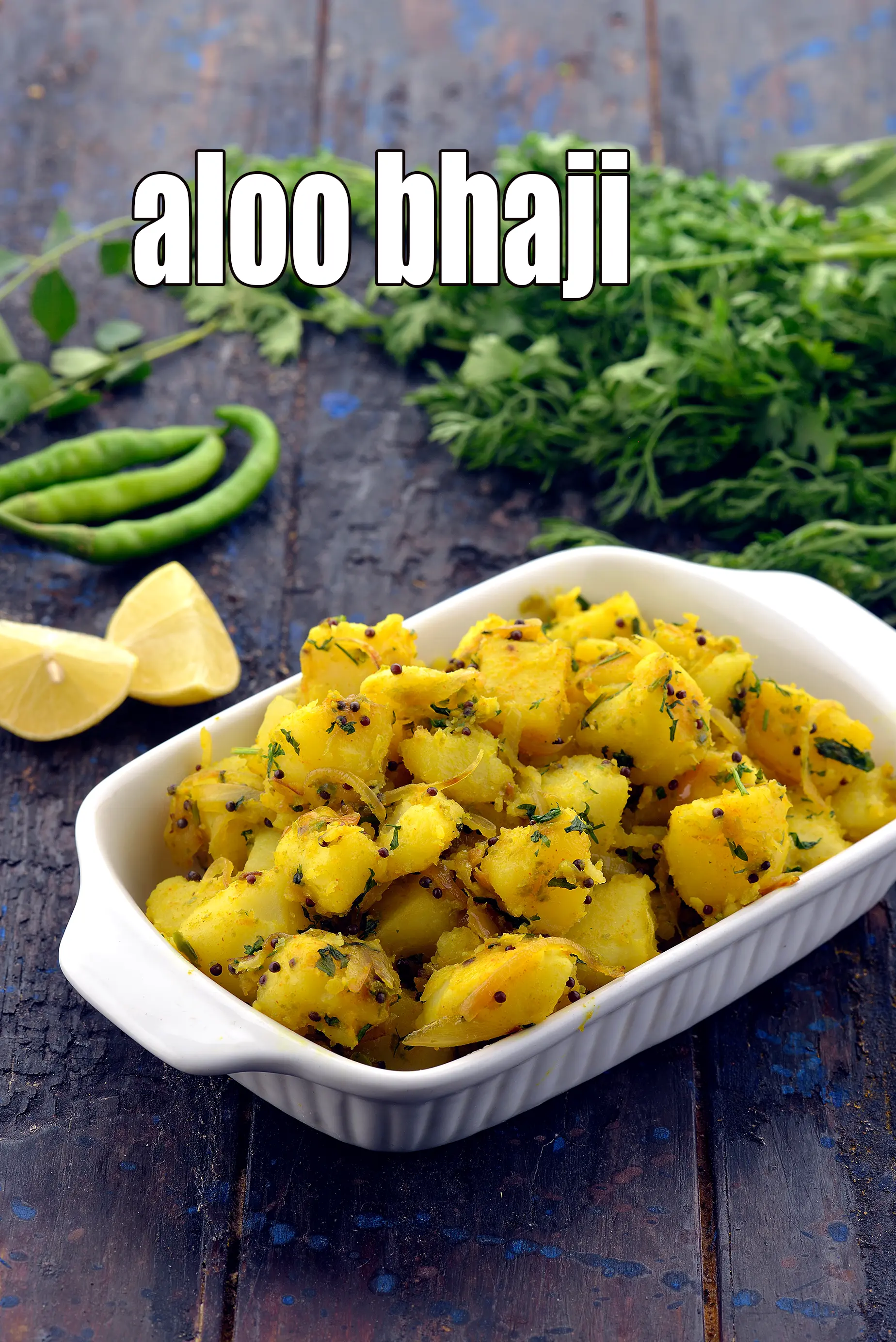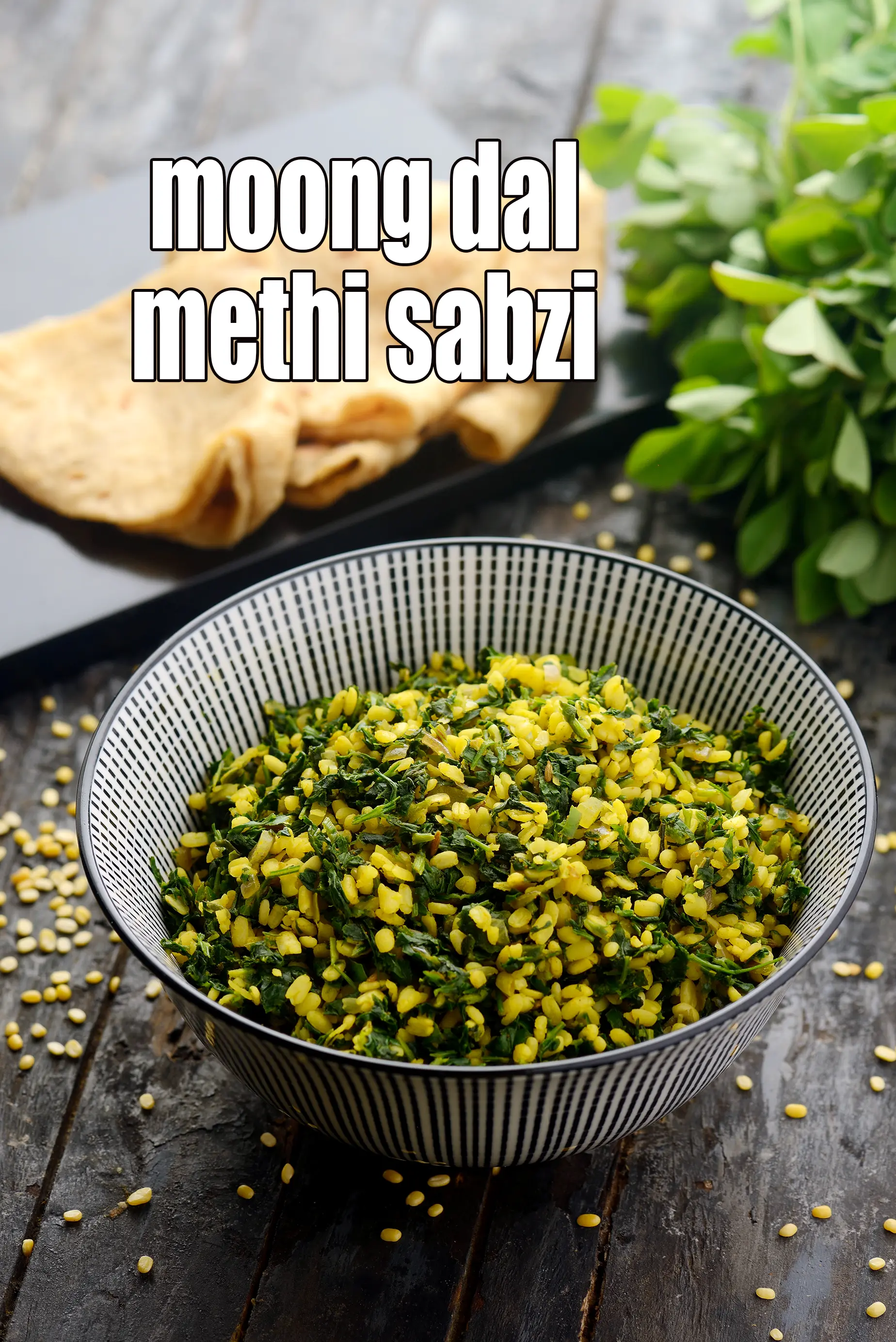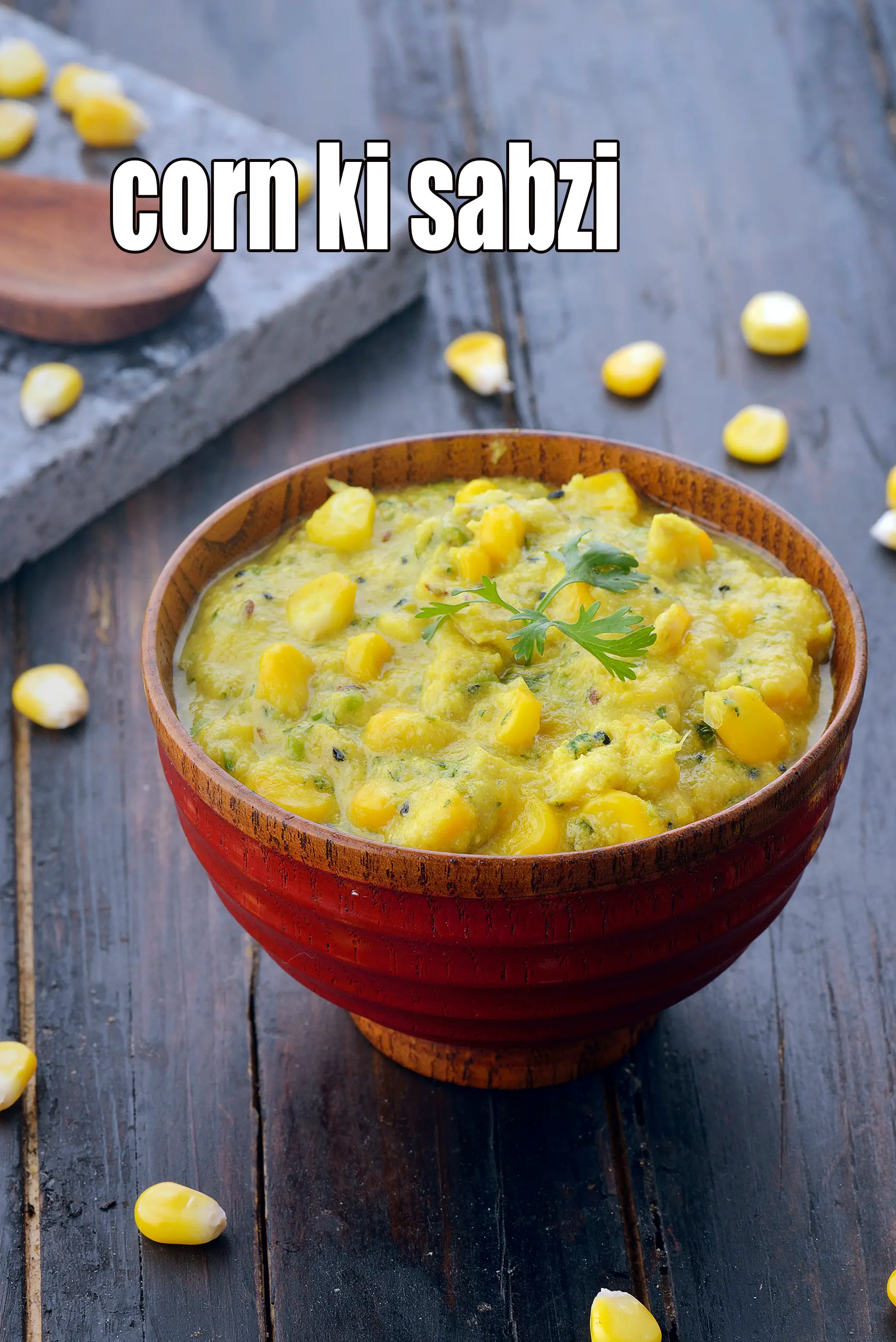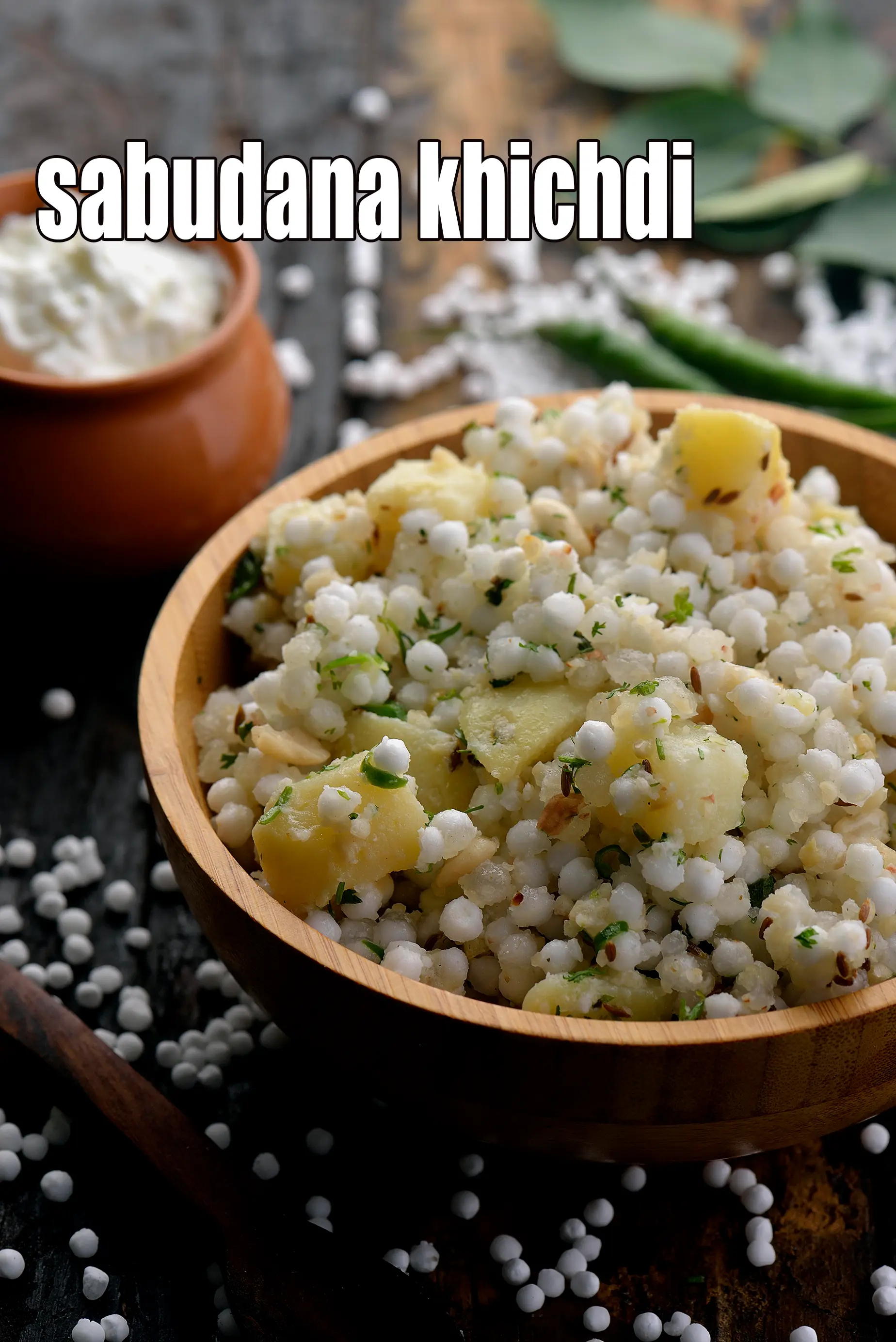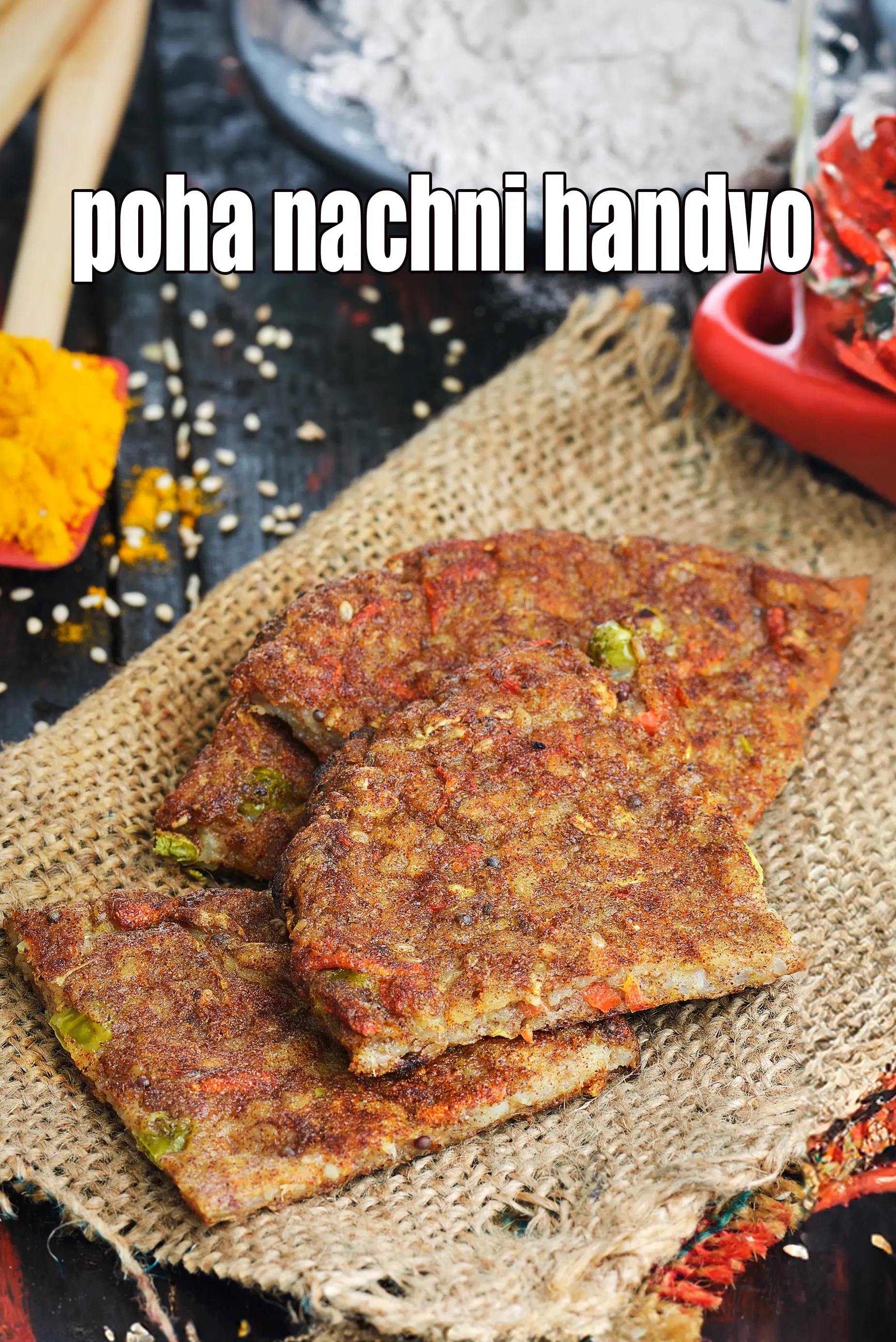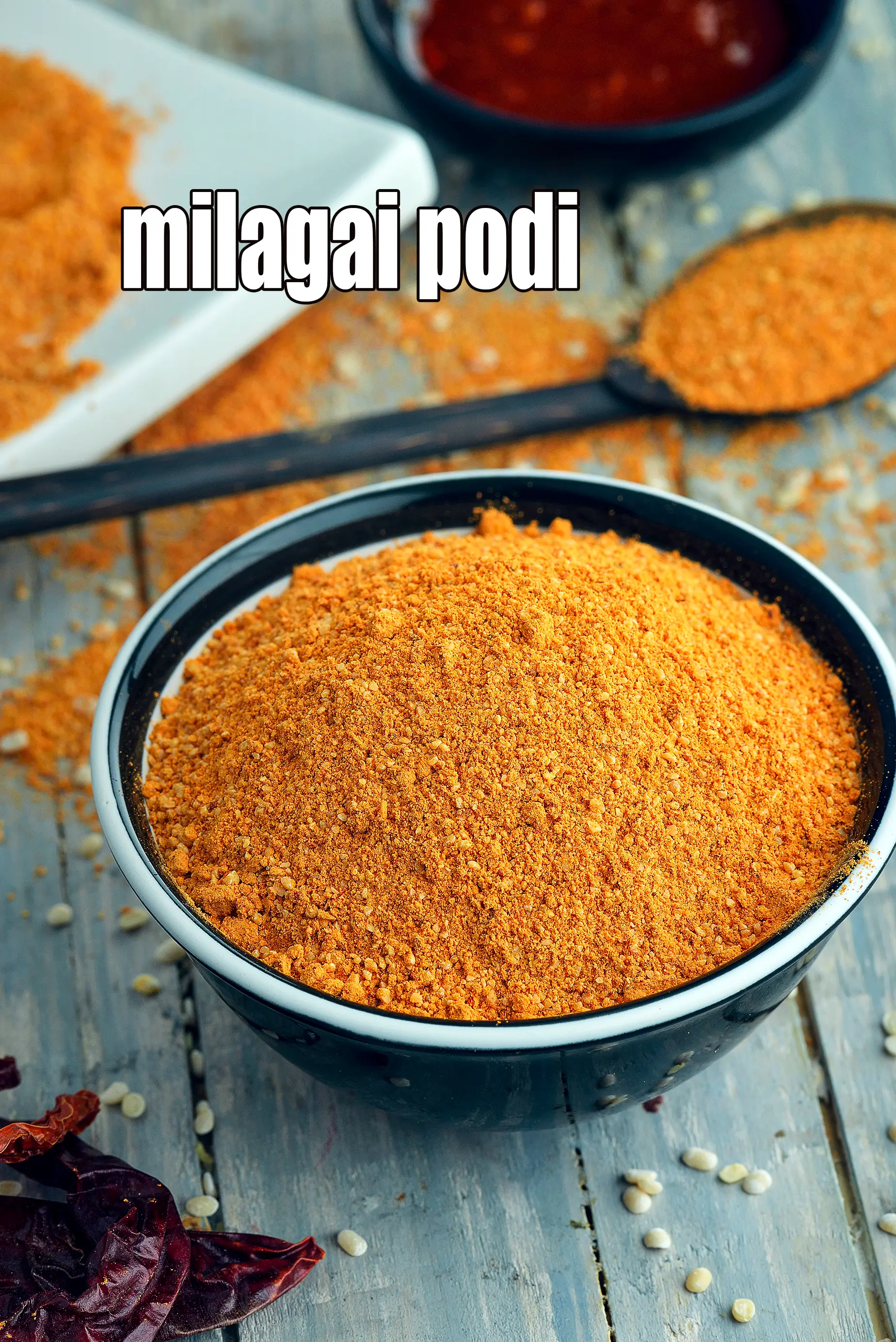Nutritional Facts of Dabeli with Homemade Dabeli Masala, Calories in Dabeli with Homemade Dabeli Masala
This calorie page has been viewed 12003 times
How many calories does one Dabeli with Homemade Dabeli Masala have?
One Dabeli with Homemade Dabeli Masala gives 250 calories. Out of which carbohydrates comprise 131 calories, proteins account for 22 calories and remaining calories come from fat which is 97 calories. One Dabeli with Homemade Dabeli Masala provides about 12 percent of the total daily calorie requirement of a standard adult diet of 2,000 calories.
See Dabeli with Homemade Dabeli Masala recipe. The aroma and flavour of any homemade masala is a notch higher than store-bought ones because it is both fresh and pure. Dabeli Masala is no exception. Homemade Dabeli Masala has a really appetizing aroma and fabulous taste, which makes your Dabeli extra special. Dabeli is a scrumptious snack from the Kutch region, which is very popular on Mumbai’s roadside food scene. It features ladi pav sandwiched with a horde of ingredients like mashed potatoes, pomegranate and masala peanuts, all flavoured excitingly with Dabeli Masala. Serve the Dabeli made with homemade Dabeli Masala immediately after preparation to enjoy the fresh texture and vibrant burst of flavours.
Is Dabeli with Homemade Dabeli Masala healthy?
No, this is not healthy. Let's see why.
Let's understand the Ingredients.
What's good.
2. Onions (pyaz, kanda) : Raw onions are a very valuable source of vitamin C – the immune building vitamin. Along with other phytonutrients from onions, it helps to build WBC (white blood cells) which serves as a line of defence against illness. Yes, it’s a source of many antioxidants, the most important one amongst them being Quercetin. The quercetin which promotes production of HDL (good cholesterol) and lowers total cholesterol in the body. The sulphur in onions act as a blood thinner and prevents blood clotting too. This in turn would lower blood pressure and good for heart, diabetics. Read the benefits of onions.
3. Peanuts : Peanuts contain Vitamin B1, Thiamine which helps form ATP (Adenosine triphosphate) which body uses for energy. A handful of peanuts gives you 7.3 grams of Protein. Peanuts, Almonds, Walnuts and Cashews are rich in Protein and healthy monounsaturated fats which won’t spike your blood sugar levels and good for a diabetic snack and healthy heart snack. Eating a handful of Peanuts a day is said to increase the good cholesterol (HDL) in your body which is good for heart health. Read 11 amazing benefits of peanuts.
4. Pomegranate, Anar : Pomegranate has anti-inflammatory properties. Pomegranate is considered as a heart-healthy fruit. Pomegranates contain nitrates which are shown to improve exercise performance. A study conducted on athletes stated that pomegranates if taken 30 minutes before exercise, significantly enhances the blood flow to the exercising muscles. High in vitamin C, a good source of fiber and low in calories, pomegranate juice contains antioxidants that will help to protect your blood lipids from oxidation and good for heart. See detailed benefits of pomegranate.
5. Butter : Butter contains 80% fats and it comprises of many types of fatty acids. Butter has short chain fatty acids and medium chain fatty acids which are broken down and absorbed into the body directly and go straight to the liver and get converted to fuel to be used by the muscles. Due to this anti-inflammatory effect, it is said to have a positive effect in treating Irritable Bowel Syndrome (IBS). Recent research shows that small amounts of butter has positive effects on heart health. So diabetics too can have small quantity of butter and balance it with other types of fats they consume. A tbsp. of butter fulfils 8% of your days requirement of vitamin A. This Vitamin A is a powerful antioxidant which is essential for glowing skin health and immune function. We suggest you read about butter the super food.
What's the problem?
1. Potatoes (Aloo) : Potatoes being high in simple carbohydrates will lead to weight gain and are not good for people with diabetes, heart problem and obesity. Potatoes are recommended for malnourished children and people with low weight. See full details on why potatoes are bad for you.
2. Plain flour (maida) : This recipe uses plain flour or maida to make pav which is refined carb not suitable for healthy lifestyle. Maida consumption in any food should be totally avoided or just a little bit of usage as any consumption of this will cause a larger spike in blood levels which is not good for diabetics, heart patients. The development of prediabetes comes from uncontrolled eating sugar and refined food products for many years and the classic symptom is if you have excess belly fat. This leads to diabetes and further onwards to heart attack, high blood pressure, strokes, impotence and kidney damage. Read is maida good for you to understand fully.
Can diabetics, heart patients and over weight individuals have Dabeli with Homemade Dabeli Masala?
No, this recipe is not good for diabetics, heart and weight loss. This recipe uses plain flour or maida to make pav which is refined carb not suitable for healthy lifestyle. Maida consumption in any food should be totally avoided or just a little bit of usage as any consumption of this will cause a larger spike in blood levels which is not good for diabetics, heart patients. The development of prediabetes comes from uncontrolled eating sugar and refined food products for many years and the classic symptom is if you have excess belly fat.
Here are some Healthy Indian snack options.
You can have Baked Samosa with mixed sprouts, Matarsutir Kachori, Oats Moong Dal Tikki, Baked methi muthia recipe, Zunka recipe, moong dal dhokla recipe, bajra carrot onion uttapam recipe , baked palak jowar murukku, mini jowar pancakes or buckwheat pancake as one healthy recipe option.
Bajra, Carrot and Onion Uttapa
Can healthy individuals have Dabeli with Homemade Dabeli Masala?
No. Potatoes being high in simple carbohydrates will lead to weight gain and are not good for people with diabetes, heart problem and obesity.
How to burn 250 calories that come from Dabeli with Homemade Dabeli Masala?
Walking (6 kmph) = 1 hr 15 mins
Running (11 kmph) = 25 mins
Cycling (30 kmph) = 33 mins
Swimming (2 kmph) = 43 mins
Note: These values are approximate and calorie burning differs in each individual.
| Energy | 250 cal |
| Protein | 5.5 g |
| Carbohydrates | 32.8 g |
| Fiber | 2 g |
| Fat | 10.8 g |
| Cholesterol | 15 mg |
| Vitamin A | 273.7 mcg |
| Vitamin B1 | 0.1 mg |
| Vitamin B2 | 0 mg |
| Vitamin B3 | 0.8 mg |
| Vitamin C | 4.7 mg |
| Folic Acid | 18.3 mcg |
| Calcium | 20.1 mg |
| Iron | 1.2 mg |
| Magnesium | 8.7 mg |
| Phosphorus | 16.2 mg |
| Sodium | 58.7 mg |
| Potassium | 125 mg |
| Zinc | 0.3 mg |

Click here to view Dabeli with Homemade Dabeli Masala
Calories in other related recipes
